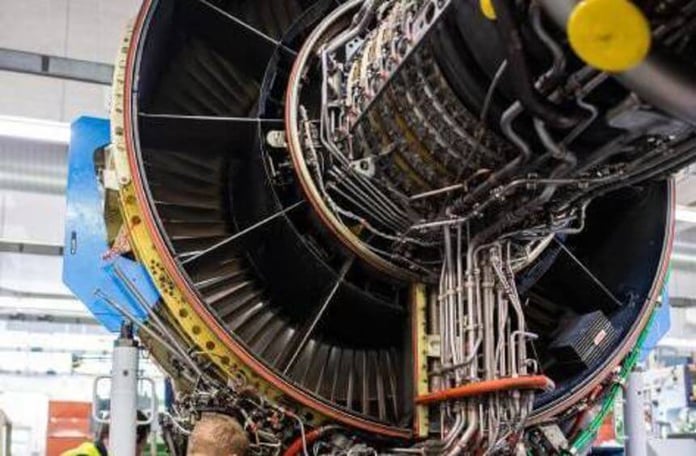
Berlin-Kinos do not show films. Shops have closed. Many companies cannot produce as many goods as usual. You could almost say: Germany and many other countries in the world are currently at a standstill because of the new coronavirus.
But what are all the people doing who work in cinemas, shops, and factories? Many of them usually work five days a week. For this, they get money from their employer.
The problem is: Many companies make less money in the corona crisis. Nevertheless, they have to pay their employees. This could lead to people losing their jobs. To prevent this, there is a regulation in Germany. You’ve probably heard of the word short-time working in the past few days and weeks.
“Short-time work means that employees temporarily work less time than normal or not at all,” explains Stefanie Janczyk. For example, if people only work two days a week instead of five, the employer pays them less money. Therefore, the employees get some extra money from the state to compensate them: the short-time allowance.
This saves employers money in times of crisis and employees keep their jobs. “Short-time work, therefore, helps both sides, employers, and employees,” says the expert.
The situation is still not easy. Many people in Germany have to make do with less money overall – despite the help from the state. So they have less money, for example, to pay their rent or buy toys for their children. How long the restrictions last is difficult to predict. TEH © Mannheimer Morgen, Saturday, April 11th, 2020











